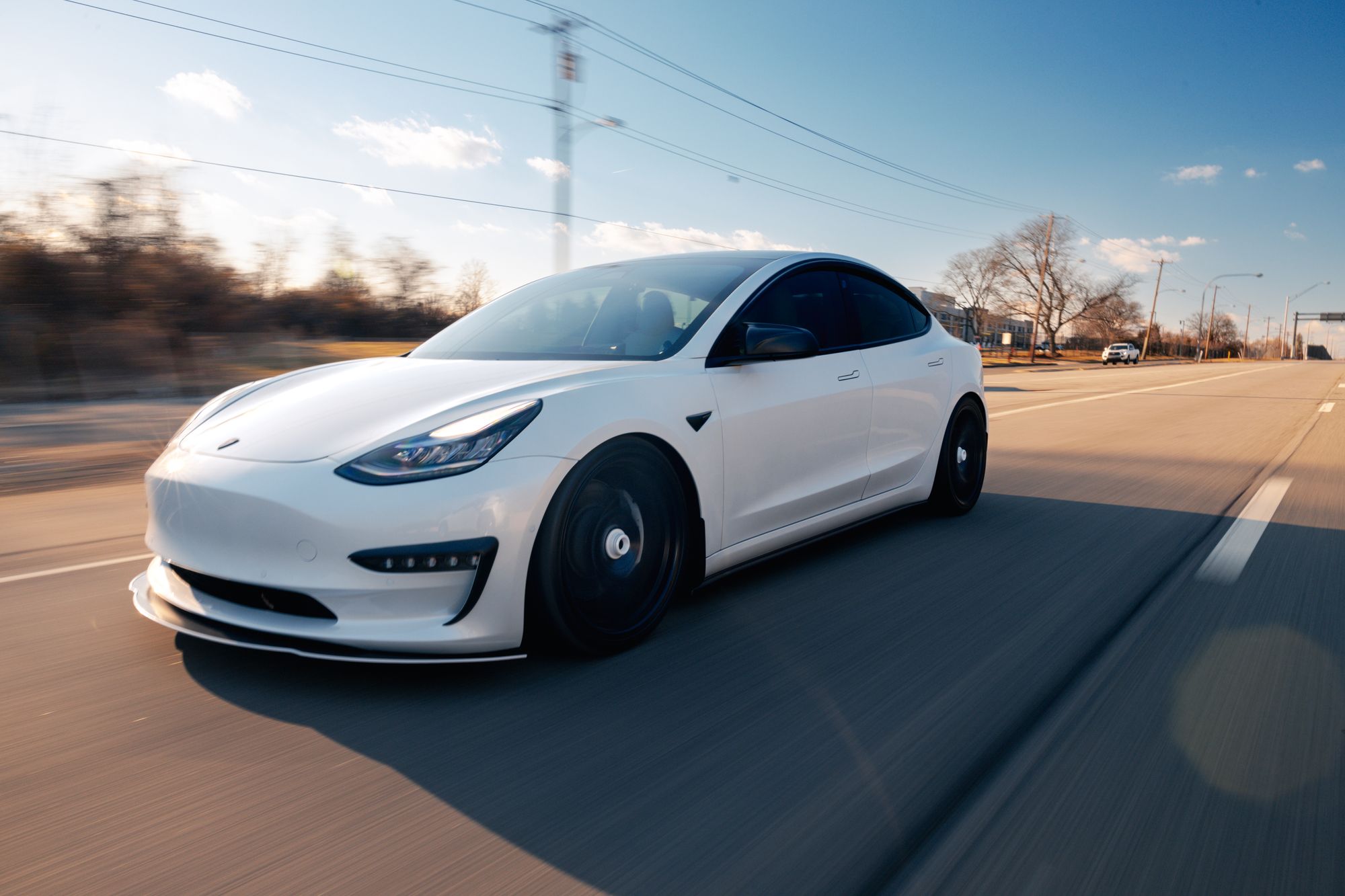There's a theory why.
Recent data from the Insurance Institute for Highway Safety’s Highway Loss Data Institute reveals that electric vehicles are markedly less susceptible to theft compared to their gas-powered counterparts.
See a Ford Mach-E do its best impression of The Kool-Aid Man here.
Remarkably, Tesla models have surfaced as exemplary in this context, with the Tesla Model 3 and Model Y reporting the minimum frequency of claims concerning vehicle population. This positive trend is not confined to these models alone; every Tesla model, coupled with the Nissan Leaf, showcased significantly lower frequencies of claims compared to the industry’s average. In this noteworthy list of least stolen vehicles, non-electric vehicles that marked their presence were predominantly luxury SUVs, all equipped with four-wheel drive.
While this revelation acts as a comforting assurance for owners of electric vehicles, the underlying reasons rendering these vehicles less attractive to theft remain inconclusive.
The Highway Loss Data Institute, in its analytical report, posited a plausible explanation, suggesting, “The lesser frequency of electric vehicles being stolen could be attributed to their parking patterns, often being stationed overnight in areas that are well-illuminated and relatively more secure for charging purposes.”
This implies that the necessity for charging could incidentally be providing an added layer of security, as such locations are often more secure and monitored, dissuading potential theft.
The emergence of Tesla models and other electric vehicles as less prone to theft augurs well for the prospective EV buyer, adding an inadvertent security advantage to the already appealing environmental benefits.
However, this phenomenon necessitates more in-depth analysis to discern the definite causes behind such reduced theft rates, which could, in turn, lead to enhanced security features and protocols for all vehicle types.
This revelation not only fortifies the attractiveness of EVs but also underscores the multifaceted benefits they hold, aligning environmental consciousness with heightened security, and potentially influencing future purchasing decisions.

